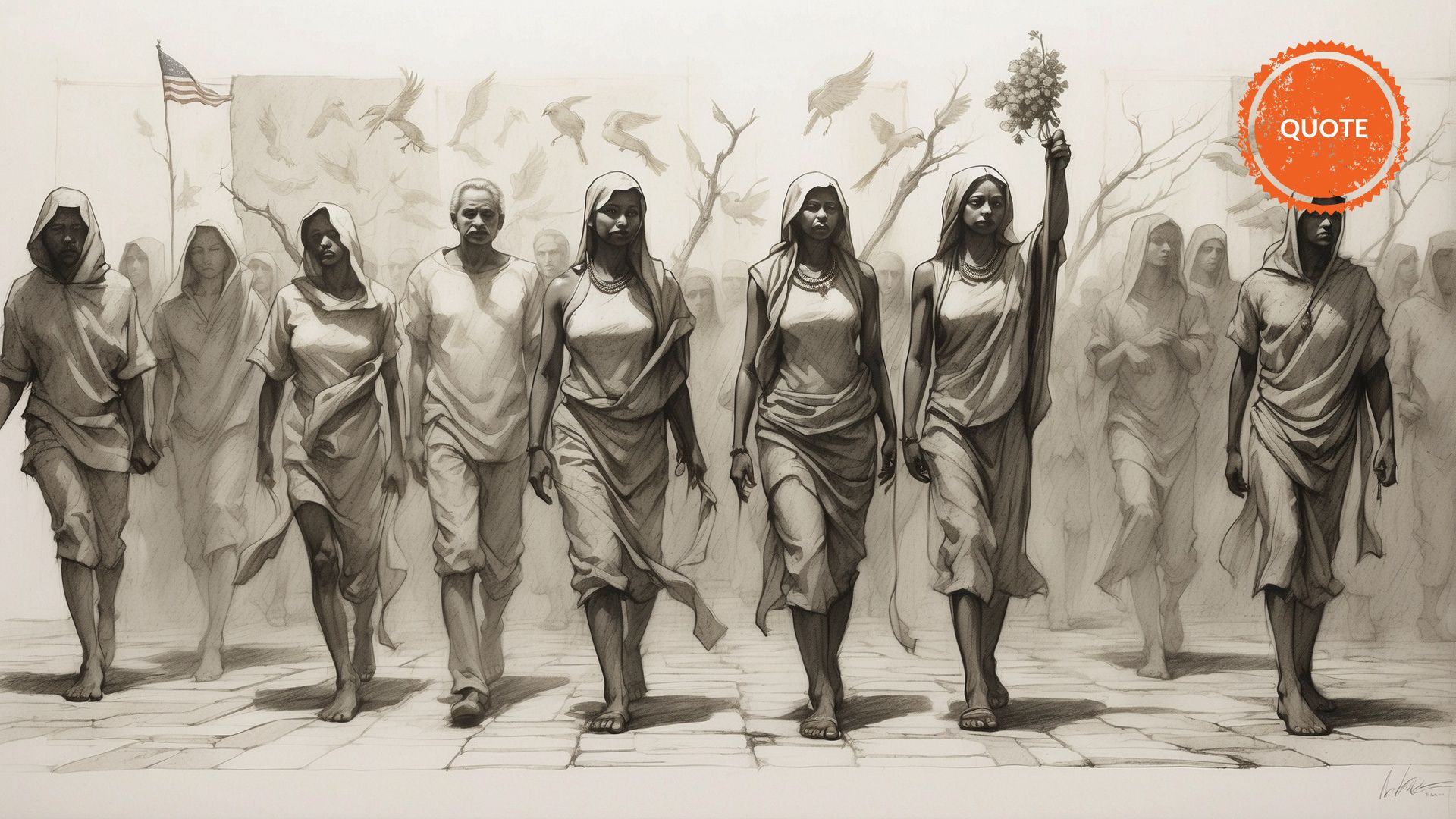“The only thing necessary for the triumph of evil is for good men to do nothing.”
Edmund Burke
Context
This quote is often attributed to Edmund Burke, an 18th-century Irish statesman, political theorist, and philosopher who served in the British House of Commons. However, it’s important to note that this specific phrasing has not been found in his writings. The quote is more likely a paraphrase of Burke’s sentiments, reflecting his advocacy for active participation in public life and his belief in the moral duty of individuals to oppose injustice and tyranny.
Burke, a proponent of conservative thought, believed in the necessity of social order and hierarchy but was also a critic of absolute power. His most notable works include his opposition to the French Revolution and his support for the American Revolution, highlighting his belief in balanced governance and the importance of moral action.
Analysis and Relevance to Everyday Life
The essence of this quote lies in the idea that inaction in the face of injustice or evil can lead to its proliferation. It serves as a call to action, emphasizing that passive compliance or indifference contributes to the perpetuation of wrongs in society. This concept is crucial in various aspects of everyday life:
- Social Justice: In movements for social change, this quote reminds individuals that staying silent or inactive in the face of discrimination, inequality, or injustice is complicit in maintaining these issues. Active participation, whether through advocacy, education, or direct action, is vital for progress.
- Personal Responsibility: On a personal level, the quote encourages people to intervene or speak out against wrongdoings in their daily interactions, such as bullying, unethical practices in the workplace, or unfair treatment of others.
- Democratic Participation: In the context of democracy, the quote underscores the importance of civic engagement. Voting, participating in public discourse, and holding elected officials accountable are ways individuals can prevent the erosion of democratic values.
Appropriate Usage with Examples
- Example in Education: Teachers using this quote to inspire students to stand up against bullying in school.
- Example in Environmental Activism: Activists quoting Burke to motivate public action against environmental degradation and climate change, where inaction leads to worsening conditions.
- Example in Corporate Ethics: Employees citing this principle to advocate for ethical practices in their organizations, emphasizing that silence in the face of corporate misconduct can lead to broader societal harm.










0 Comments